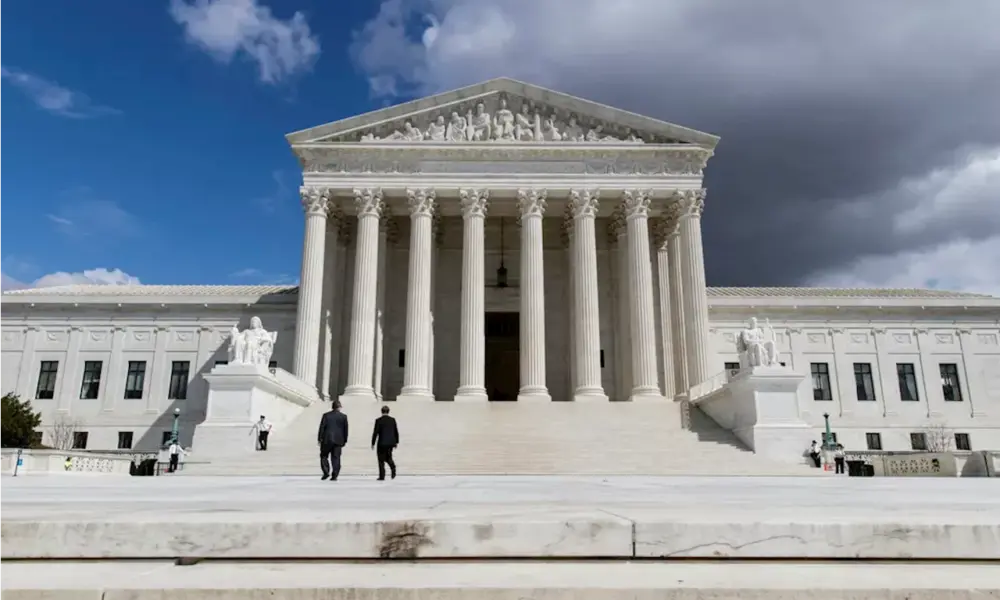The State of Illinois has formally requested that the U.S. Supreme Court deny a motion from the Trump administration to deploy National Guard troops within its borders. This legal action was initiated on March 11, 2024, following heightened tensions over the administration’s plans to use military personnel to support immigration enforcement in the Chicago area.
Illinois officials argue that the deployment would undermine the state’s authority to manage its own law enforcement operations. They contend that the federal government has not provided adequate legal justification for such a deployment, which they claim could disrupt the balance of power between state and federal authorities.
The conflict intensified after the Trump administration federalized approximately 300 Illinois National Guard members and dispatched an additional 400 Texas National Guard members to Illinois. This move was part of a broader initiative known as Operation Midway Blitz, aimed at bolstering immigration enforcement efforts. In response to the federalization, Illinois filed a lawsuit against the Trump administration, leading to a lower court temporarily blocking the deployment of troops.
On the same day that Illinois filed its request with the Supreme Court, an appeals court issued a stay on a lower court ruling that prevented President Trump from taking command of 200 Oregon National Guard troops. Despite this, the court maintained a restriction on deploying those troops for the time being. Oregon Attorney General Dan Rayfield, a member of the Democratic Party, indicated plans to seek further review of the appeals court’s decision.
The situation reflects ongoing disputes between state leaders and the Trump administration regarding the use of military resources for domestic law enforcement. Illinois officials have criticized the federal government’s characterization of the circumstances, asserting that there is no evidence of rebellion that would warrant such military intervention.
As this legal battle unfolds, the implications for the relationship between state and federal authorities are significant. The Supreme Court’s decision on this matter could set a precedent for how states manage their own law enforcement in conjunction with federal directives, particularly in situations involving immigration enforcement.
The ongoing tensions illustrate the complexities of governance as state officials strive to maintain control over local law enforcement while navigating federal policies that seek to expand military involvement in domestic affairs. As the Supreme Court considers the request, the outcome remains uncertain, but the stakes are high for both the Trump administration and the state of Illinois.







